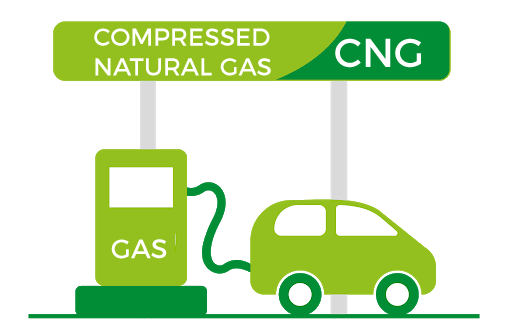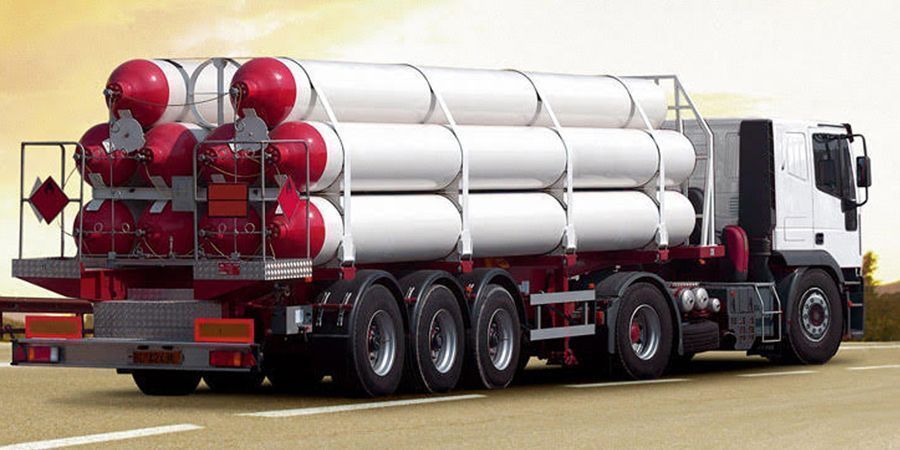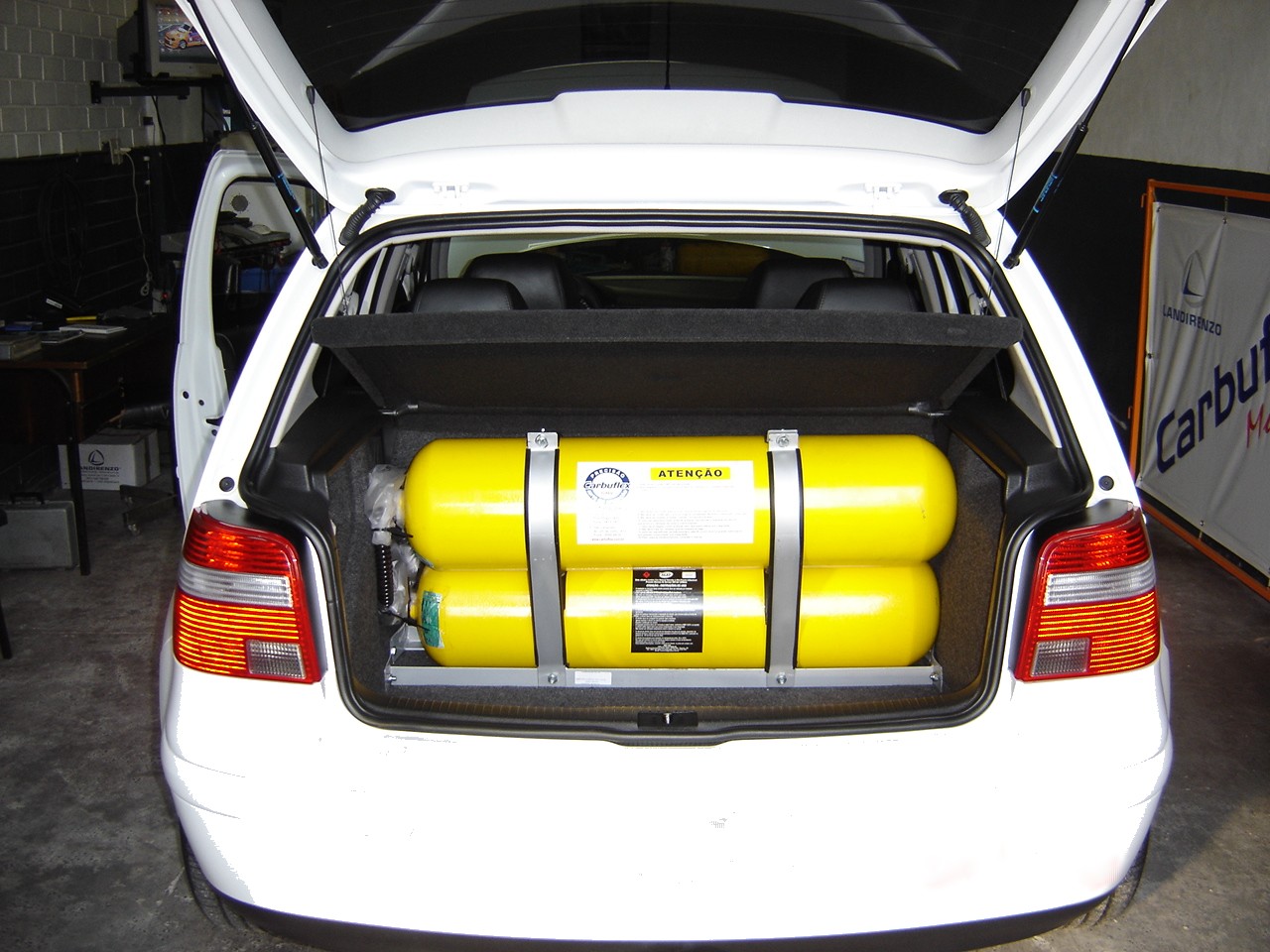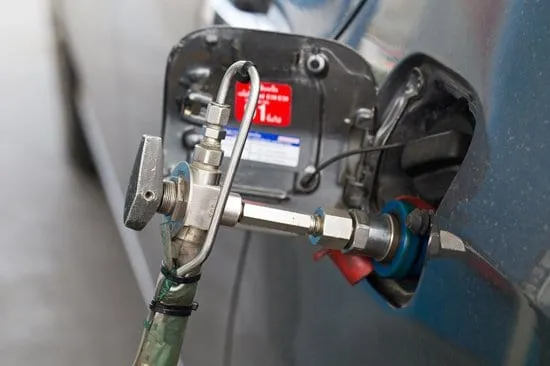
Compressed Natural Gas (CNG) Vehicles: A Sustainable Solution for the Future
Introduction
Compressed Natural Gas (CNG) vehicles have emerged as a viable alternative to traditional gasoline and diesel-powered vehicles. Understanding the relevance and importance of CNG vehicles is crucial in the context of sustainable transportation.
Historical Background
CNG vehicles can be traced back to the mid-20th century when the first experiments with natural gas as a fuel source were conducted. Advancements in technology and growing concerns for environmental sustainability led to the evolution of CNG as a favored option for transportation.
Key Concepts and Definitions
Compressed Natural Gas (CNG) refers to natural gas stored under high pressure to power vehicles. CNG vehicles are equipped with components such as fuel tanks, regulators, and injectors that enable the efficient combustion of natural gas. Key terms associated with CNG vehicles include fueling stations, conversion kits for conventional vehicles, and safe fuel storage practices.

Main Discussion Points
Advantages of CNG Vehicles
CNG vehicles provide significant environmental benefits by reducing emissions and leaving a lower carbon footprint compared to conventional vehicles. This contributes to improved air quality and mitigates the impact of climate change. CNG vehicles also offer cost savings through lower fuel prices and potential tax incentives, making them an economically attractive option. Additionally, CNG vehicles promote energy security by reducing dependence on oil.
Challenges and Limitations of CNG Vehicles
Limited availability of fueling stations is a primary concern for the widespread adoption of CNG vehicles. Moreover, the upfront costs of CNG vehicles, including necessary equipment installation, can be higher compared to traditional vehicles. Additionally, CNG vehicles have range limitations, requiring more frequent refueling.
Safety Considerations of CNG Vehicles
Proper maintenance and inspection requirements are vital for ensuring the safe operation of CNG vehicles. Safety features and regulations specific to CNG vehicles play a crucial role in minimizing risks. Training and awareness programs for emergency responders are also essential.
Case Studies or Examples
The public transportation sector has seen significant adoption of CNG buses, leading to reduced emissions and operational costs. Organizations and municipalities across various regions have embraced CNG vehicles for their fleets, showcasing the practicality and benefits of this alternative fuel option.

Current Trends or Developments
Advancements in CNG vehicle technology focus on improving fuel efficiency and engine performance. Government policies and incentives also promote the adoption of CNG vehicles. Ongoing research provides insights into the environmental impact of CNG vehicles, solidifying their position as a sustainable transportation solution.
Challenges or Controversies
Fracking, the extraction method for natural gas, has faced scrutiny due to its potential environmental impact. The long-term sustainability of CNG vehicles remains a subject of debate, particularly regarding the availability of natural gas resources. The development of infrastructure, including fueling stations, presents challenges for the widespread adoption of CNG vehicles.
Future Outlook
As technology continues to advance, CNG vehicles are expected to become more efficient and affordable, making them a viable option for a wider range of consumers. Their role in achieving sustainability goals and reducing greenhouse gas emissions is likely to increase, solidifying their importance in the global transportation landscape.

Conclusion
Compressed Natural Gas (CNG) vehicles offer a sustainable and environmentally friendly alternative to traditional vehicles. With their numerous advantages, including reduced emissions, cost savings, and energy security, CNG vehicles have gained traction in various industries and regions. While challenges and controversies exist, ongoing developments and research provide optimism for the future of CNG vehicles as a prominent fuel option.
References:
U.S. Department of Energy, “Compressed Natural Gas Vehicles: What You Need to Know”
National Renewable Energy Laboratory, “Natural Gas Vehicles: Status, Barriers, and Opportunities”
Clean Cities, “Advantages and Challenges of Compressed Natural Gas as a Fuel for Vehicles”
Natural Gas Vehicles for America, “Driving a Natural Gas Vehicle”
International Energy Agency, “The Future Potential of Compressed Natural Gas Vehicles”




